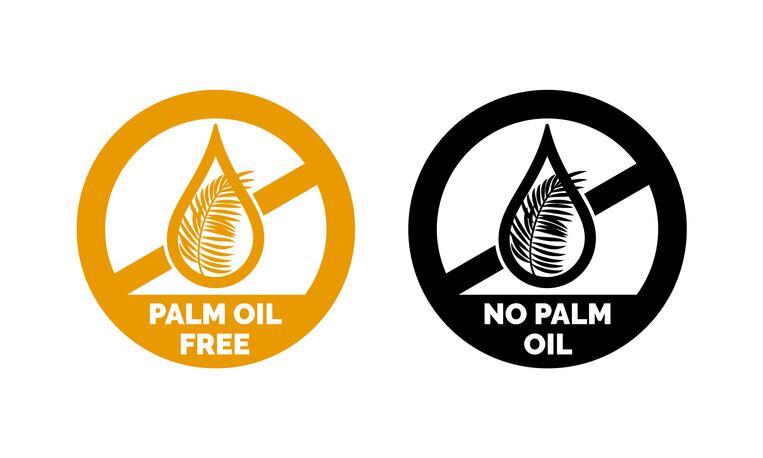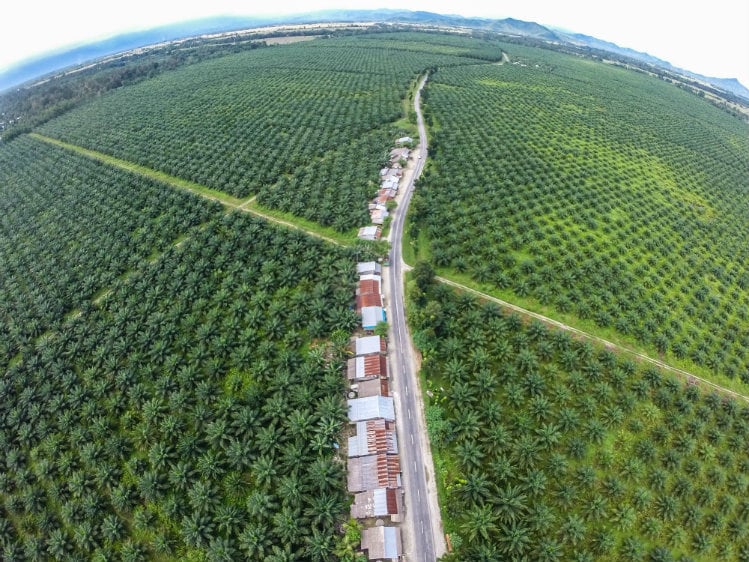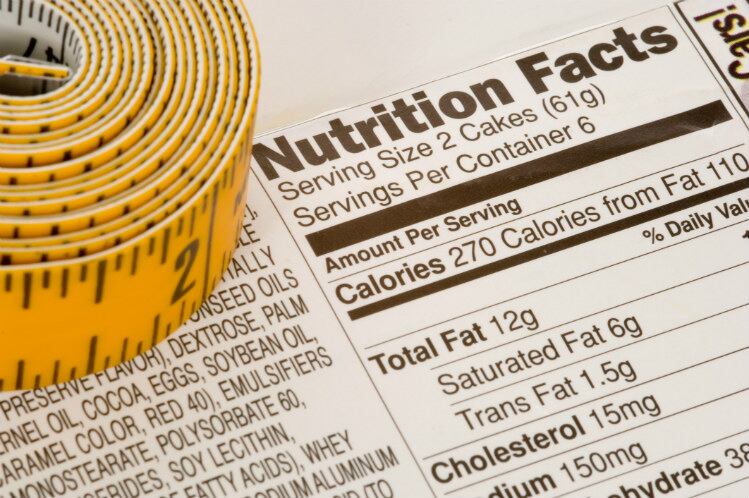The addition of Benelux, as the neighboring nations are known, expands the efficacy of the certification worldwide, the organization said. A few island territories have also accepted the label’s use.
POFCAP launched the certification program in Australia on August 19, 2017, which is commemorated as International Orangutan Day by Orangutan Outreach, a nonprofit focused on the endangered animal and its rainforest habitat.
The US and nine European countries, including the UK, have approved the certification in the past two years. Outside the creator’s home country, only Singapore and India have given it the go-ahead elsewhere.
To date, POFCAP has certified more than 1,000 products – from vegetable oils to snacks, skincare products to vitamins – as palm oil free.
The certifier claims 80% of palm oil is sourced ‘unsustainably.’ By clearly marking products made without palm oil, it adds, consumers can easily avoid the ingredient for ethical reasons and for allergen or dietary ones.
POFCAP also says it shares 100% of its profits with ‘partner NGOs’ focused on protecting rainforests.
Palm oil's prevalence
According to the United Nations’ Food and Agriculture Organization (FAO), palm oil production nearly doubled between 2003 and 2013 – after jumping from 15m tons in 1995 to 66m in 2017, according to a 2016 study. The ingredient is estimated to be used in half of common packaged foods and other consumer goods.
One of the challenges in pinpointing it, however, lies in its many identifying terms: ingredient decks might list it as vegetable oil, palmate, stearic acid or similar derivatives.
Ironically, as governments continue to ramp up their battle against trans fats from partially hydrogenated oils – Singapore will ban PHOs by 2021 – they risk accelerating the demand for other readily available oils like palm, according to the FAO.
Backlash from palm oil-producing countries
Malaysia announced this summer that it would prohibit the sale of ‘anti-palm oil’ products – or those that boast claims like ‘palm oil free’ or ‘no palm oil.’
Indonesia followed suit last week.
In 2014, the two countries accounted for more than 85% of global palm oil’s production, which annually tops 60m tons. India, China, and the EU are among the largest importers.
The two governments also claim the West has unfairly hampered the industry – most recently with stricter regulations on the oil’s use in biofuels and threatening millions of jobs.
In Indonesia, two million of the country’s 264 million residents work directly in the palm oil industry, according to the UN's Green Commodities Program. Just this month, an internal government audit revealed that a ‘vast majority’ of palm plantations are flouting regulations.
Meanwhile, Peru became the second South American nation to commit to sustainable palm oil production. An element of a Joint Declaration of Intent led by Norway and Germany and signed also by Colombia, the decision aims to drive Peru to deforestation-free techniques by 2021.
"This commitment is a momentous development for the people of Peru and the global effort to confront climate change," said Kiryssa Kasprzyk of the National Wildlife Federation, which worked with the Peruvian palm oil producer association on the plan's development. "It underscores that we can feed the world without hurting biodiversity or clear-cutting tropical forests."




